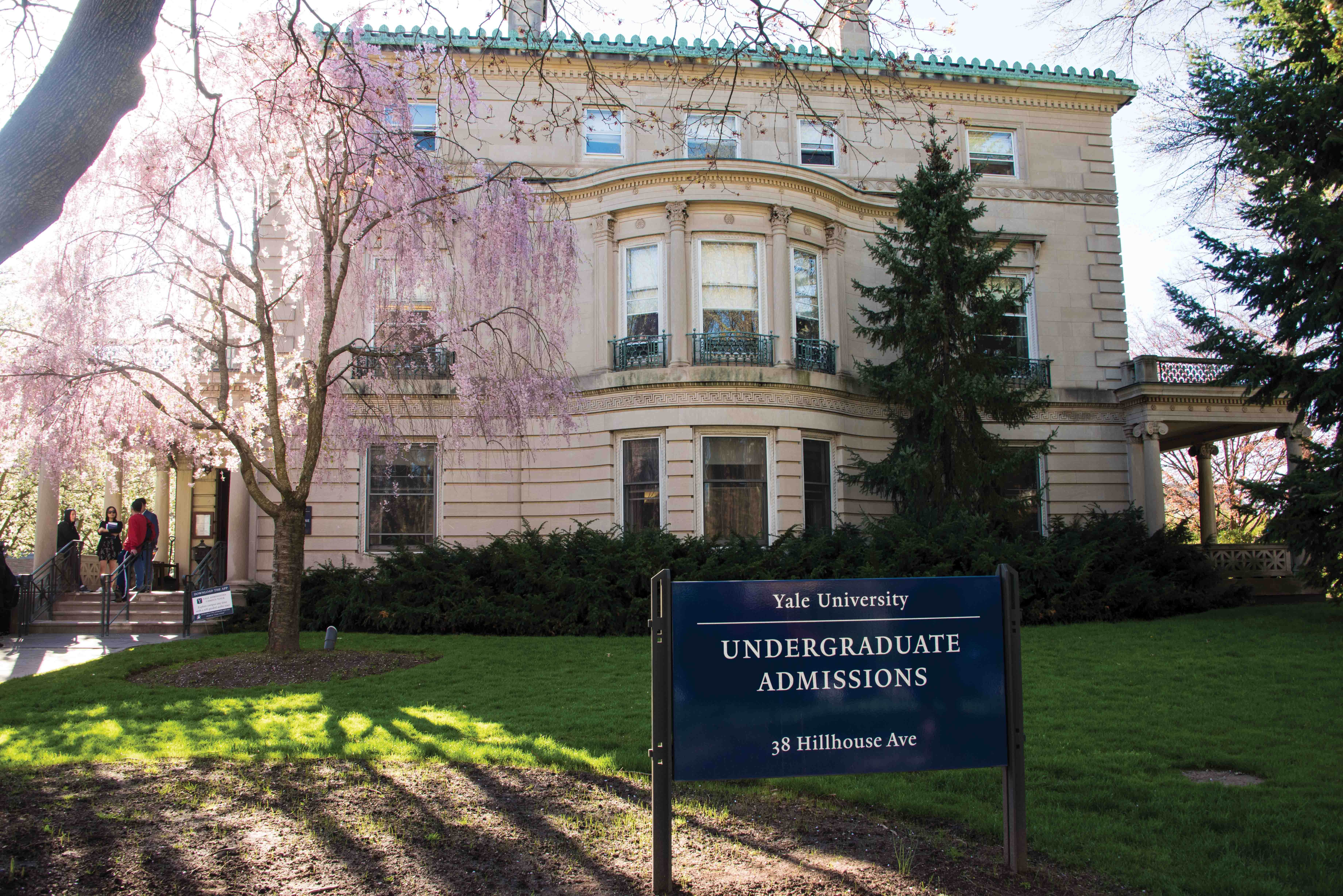
Madelyn Kumar
University President Peter Salovey announced on Wednesday that the Admissions Office will begin to audit a sample of its applications each year, one of the new safeguards introduced in the wake of the “Varsity Blues” college admissions scandal.
In order to protect against fraudulent athletic endorsements, both the admissions and athletic offices will conduct a “preliminary review” to verify applicants’ athletic credentials. The University will also conduct “thorough” exit interviews with athletic recruits who do not play their recruited sport for their four years at Yale. Salovey also announced that coaches will be required to report all “athletic related income” not paid to them by Yale.
“Yale’s mission depends on our ability to maintain and protect an admissions process that brings to our campus extraordinary students with a wide range of talents, interests, viewpoints and backgrounds,” Salovey wrote in a campus-wide email. “Staff members in admissions and athletics offices and across the University have been working tirelessly and passionately to safeguard the integrity of our admissions policies and procedures.”
These policies come in the wake of revelations that former Yale Women’s Soccer Coach Rudolph “Rudy” Meredith gave fraudulent athletic endorsements to two University applicants in exchange for a total of $850,000 — $400,000 and $450,000, respectively. The scheme was part of a larger scandal organized by William “Rick Singer,” in which over 50 parents and athletic coaches were charged with accepting or paying bribes to admit applicants into elite universities, including Yale.
Only one of the two applicants given the phony endorsements was admitted. After the University became aware of the scheme, the student’s admission was rescinded.
When asked if he thought these measures — had they been implemented earlier — would have prevented the admittance of the fraudulently-endorsed applicant, Dean of Undergraduate Admissions and Financial Aid Jeremiah Quinlan said that he “can’t speculate about how these changes could have affected the individuals and coach who conspired with William Singer.”
“I am confident that these changes will strengthen the athletic recruiting process and the undergraduate admissions process while preserving our ability to identify and respond to exceptionally promising students from all backgrounds,” he told the News.
Meredith pled guilty to wire fraud and conspiracy charges in March. The University announced this summer that an external investigation “found no evidence” that other Yale coaches were involved in the scandal.
In a comment to the News, Quinlan said that the University is “currently considering a variety of measures” in addition to the ones mentioned in Salovey’s announcement.
“The changes listed in President Salovey’s message are actions that already are in place or that we have made a decision to adopt,” Quinlan said. “Additional changes, and the specific scope and details of these changes, will be determined through ongoing work with campus partners.”
When asked to specify which actions had already been in place and which they adopted over the summer, Quinlan said he would not be able to provide additional details. He also declined to explain more about the details of the auditing process that Salovey announced in his email.
In late August, the Athletics Department announced other changes it planned to adopt in the wake of the scandal. Athletic Director Victoria Chun instituted practices like having “sports administrators” — who are not associated with specific teams — verify the credentials of all athletic recruits.
Coaches must also provide three references to confirm a recruit’s “athlete status.”
“Working together, we will incorporate these new safeguards as we recruit young people committed to excellence academically and athletically, and who strive to have a positive impact on the Yale community and beyond,” Chun said in an Aug. 28 press release.
After Meredith left the team in November 2018, he was replaced by Brendan Faherty, who joined the Elis from Stony Brook University.
Skakel McCooey | skakel.mccooey@yale.edu







